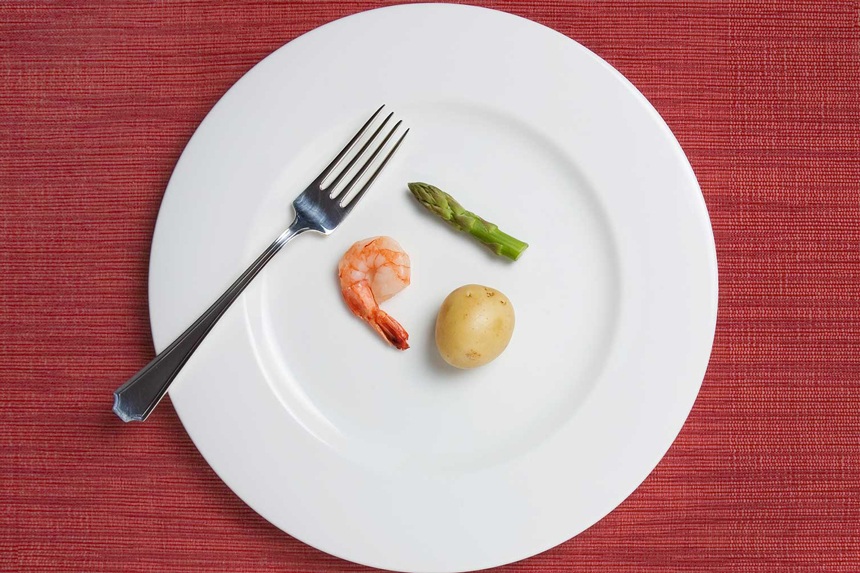
Gastritis, a condition involving stomach inflammation, can significantly impact daily life, causing discomfort and affecting social activities. It spans a spectrum from mild irritation to severe complications like ulcers or stomach cancer. Managing gastritis involves medical treatment and lifestyle adjustments, particularly dietary changes.
- Eat Smaller portions
- Fresh fruits
- Lean Protein
- Vegetables
- Probiotics
- Oily Fish
- Nuts
- Olive Oil
- Lentils [1]
Eat Smaller Portions
Gastritis management often commences with a careful eye on portion control. Embracing smaller, well-balanced meals becomes pivotal in mitigating stomach irritation. Opting for modest servings of low-fat, easily digestible foods like grilled chicken, accompanied by a small portion of rice and an assortment of vegetables, not only helps reduce discomfort but also ensures a rich nutritional intake.
Controlling portion sizes doesn’t just aid your recovery immediate symptoms; it also helps regulate digestion. Consuming smaller quantities at intervals can prevent overwhelming the stomach, thereby reducing the chances of irritation. Breaking down meals into smaller, more frequent portions is beneficial for those navigating the complexities of gastritis.
While focusing on reducing meal sizes, it’s equally vital to maintain nutritional adequacy. Ensuring that these smaller meals contain a balance of proteins, carbohydrates, and essential nutrients guarantees gastric comfort and overall health.





